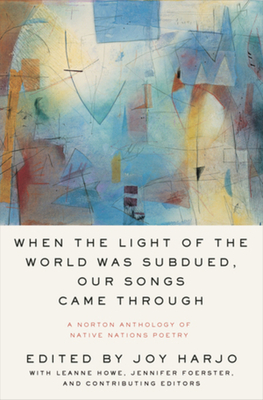 My son had a social studies assignment that could only be completed last Sunday. He was to interview a parent or other adult on September 11 about the effects of the 2001 attacks. He chose to interview me. One of the interview questions was, “How do you think we should remember 9/11?”
My son had a social studies assignment that could only be completed last Sunday. He was to interview a parent or other adult on September 11 about the effects of the 2001 attacks. He chose to interview me. One of the interview questions was, “How do you think we should remember 9/11?”
This had actually been on my mind in the weeks leading up to the anniversary, because it seemed as though every media outlet I pay attention to had climbed on the 9/11 bandwagon. I found stories and conversations about the topic so distressing that I began avoiding radio, newspaper, and television altogether. But the reason for my distress didn’t come into focus until my son asked me that question.
After a rather long silence, I took a deep breath. “I don’t need anything to remind me,” I told him. “I have no trouble remembering it.” Images flashed unbidden to mind. “Sometimes I’d like to forget the things I saw that day.” As we talked, I realized that the nation’s near-obsession with anniversary observances of 9/11 might have something to do with the fact that most people were much farther removed from it than I had been. For the majority of the country, the events of 9/11 were a singular occurrence; for those living in the shadow of New York City, it was the beginning of a months-long nightmare.
In 2001, we lived in urban coastal Connecticut, along one of the commuter corridors that feed New York City’s white collar labor pool. The smudged and dusty people who limped across Manhattan’s bridges that day weren’t just figures on a television screen – they were our friends and neighbors. For weeks we drove past commuter parking lots with cars whose drivers would not be coming back for them. A column of smoke from lower Manhattan was visible when we went to New Jersey or Long Island, and a smoky pall hung in the air when we went into the city. Once the dust had settled and the smoldering had stopped, the gap in the skyline drew our eyes like the chipped tooth you can’t keep your tongue from probing. For us, 9/11 wasn’t a story that popped up on the news; it was part of the fabric of our daily lives, fabric that had been brutally reshaped by the searing events of that day.
I now live in the Ohio Valley, where the only everyday reminders of 9/11 are images of the New York skyline in old movies and photos and the occasional “NYFD” baseball cap. I don’t really begrudge my neighbors’ need for some significant means of connecting with events that happened many years ago in a far-off place. Their desire to remember is honorable and earnest, even if my own different experience of those events makes it difficult for me to share in it. I just need to remember to cut all of us some slack when the next anniversary rolls around.




I just gave a similar reply this AM at our clergy conference meeting. That day changed our lives – those of us who lived nearby and/or had friends who were impacted by that event. And like you, I found the constant reminder to be too much – over the top – I did not need to look at another picture of the planes hitting or the building falling. What I did apprectiate is the coverage of the new memorial garden – itis full of life – trees, running water and people walking around which remind me that life has gone on and while we must remember, we don’t have to drown in the grief any more.
Once the media frenzy has subsided, I’ll take some time to learn about the memorial garden. Thanks for the tip, thanks for commenting, but most of all thanks for reading! 🙂
beautiful, Jennifer…
I had no idea you were so close at the time.
“Once the dust had settled and the smoldering had stopped, the gap in the skyline drew our eyes like the chipped tooth you can’t keep your tongue from probing.”
perfect…perfect.
jane
Thanks, Jane. 🙂
We were back in New York this summer, and it was still a little tender.
I love reading your eloquent writing – no matter how sobering the topic. Well said – as always!
Thank you, Anne. Someone once said that writing is cheaper than therapy. I’m not sure it’s quite as effective as really good therapy, but then again, maybe really good writing is. 😉
What a story to tell. I can only imagine why you would not want to gorge on the rememberance stories.
“Gorge” is a good word, because it certainly feels to me like an uncomfortable surfeit at times.
Thanks for reading and commenting!